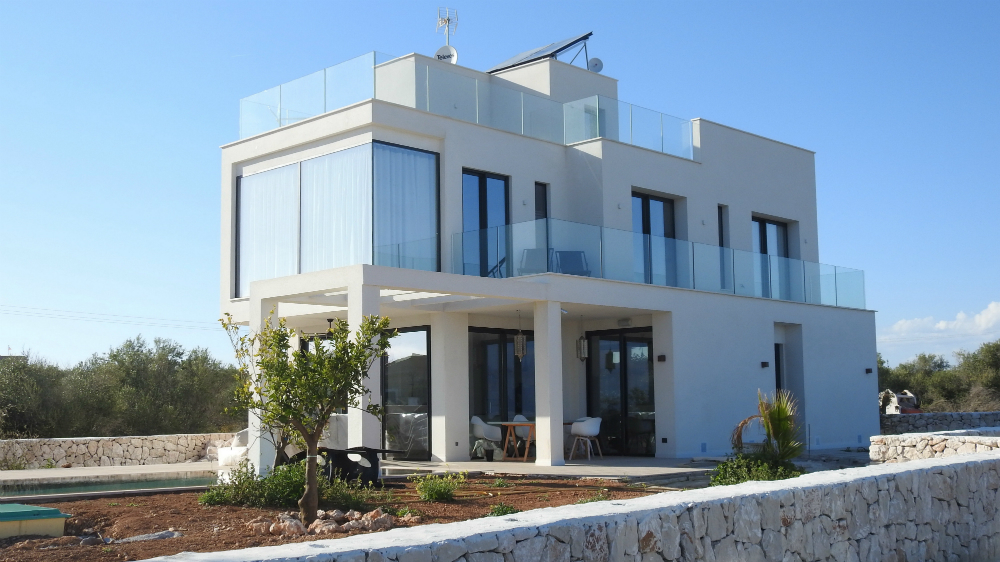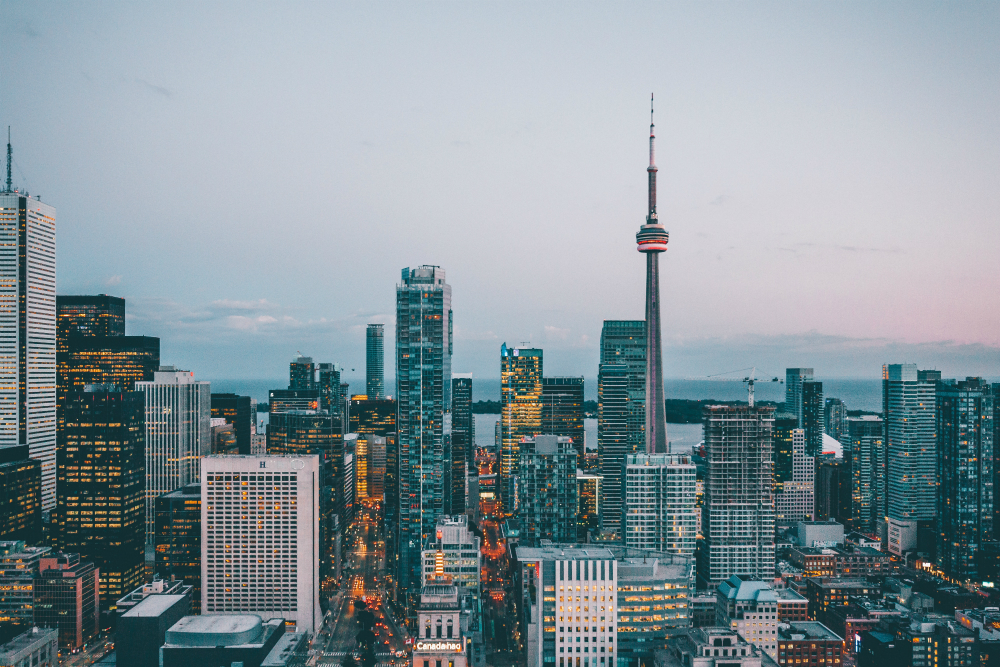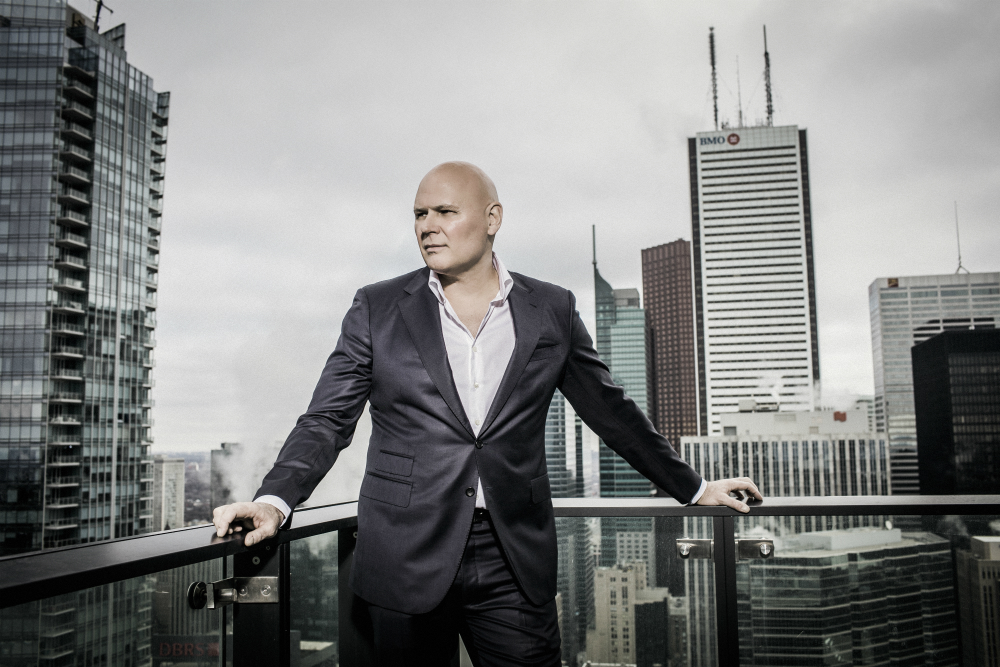Realty expert Brad Lamb offers up his advice for millennials who want to invest in real estate.
Life used to be so simple: one went to school, finished, found a job, bought a house, and lived happily ever after.
As time goes on, however, it may seem that home ownership in Canada may soon become a thing of the past. Earlier this year, the top banking regulator of the country, the Office of Superintendent of Financial Institutions (OSFI) instituted new rules requiring all borrowers undergo a test which determines if borrowers are able to pay their loans if interest rates climb higher than the 1.25 percent it stands currently.
This resulted in an over 16 percent drop in purchasing power, or around $40,000 per person, according to a report in April by realtor Royal LePage.
In addition, a survey by CIBC suggests that 81 percent of millennials live with impending debts and job uncertainty, so home ownership is something they might never reach.
To put this into perspective: under the new rules, “peak millennials,” or those born between the years 1987 and 1993, now have a maximum buying budget of just over $200,000, given their median salary is just $38,148.
Real estate investor Brad Lamb can relate to their plight: in the mid 80s, he bought his first property fresh out of a job that was bringing him a salary of just over $20,000. Now in his mid-50s, Lamb talked to us about the fact that though there might be a realm of uncertainty, there is also opportunity.
I graduated in 1984 from engineering, and had a fascination for real estate. I bought an income property in London, Ontario, for $35,000 by making my two brothers shareholders. One brother was 20, and got a $2,000 dollar loan from my dad. My other brother had $2,000 set aside, from saving up. After we bought our townhouse in London we started renting it out.
Did you have any advantages back then that millennials don’t have now?
I didn’t have any advantages back then. I had a job, and I saved money. A millennial could do the exact same thing. So what did I do? I realized I couldn’t afford to live outside my parents home, so I lived with them from ages 22 to 30.
I worked every one of those years, saved every dollar I could, and I lived a very simple life. Anyone could do that today. The problem is people think their first home should be their dream home. That’s just not reality. My first home wasn’t even my home; it was a home for other people. I rented four rooms out to university students.
We are always hearing about the expensive realty market in places such as Toronto and Vancouver. You just mentioned your first property was in London. Where are some pockets of Ontario or Canada where millennial could purchase a home affordably, because you said people are looking for a “dream home.” Should they not look at it from such a narrow standpoint?
What millennials need to do is form a framework or philosophy of home ownership that’s feasible. In my case, that meant not leaving my parents’ house until I was 30. When I was 28, I bought a 700-square-foot one bedroom at Gerrard and Jarvis, which was really bad neighbourhood [at the time]. I waited two years for it to get built, and I put 15 percent down over a year and a half as a down payment. That was my first home; I did it myself and I got a mortgage. Anyone could do that today, there’s no reason they can’t.
The prices are higher, but the incomes are higher. I was being paid $22,000 a year to be an engineer. Today that job pays $85,000. So, somebody could do what I did in Toronto, they just have to be patient. It took me eight years of scrimping and investing in other cities to buy my first home in Toronto.
In terms of where you’d want to buy, there’s tons of places, like Hamilton, Halifax, Montreal, Ottawa,The Tri-cities, Hamilton, Winnipeg, Saskatoon, Regina, Calgary and Edmonton and the outskirts of Vancouver. The outskirts of Toronto, places like Scarborough, Burlington and Mississauga are great as well. Mississauga real estate goes for $600 a square foot, which is completely affordable. A 500-square-foot apartment there is $300,000. I bought my first apartment at 30, and it was $100,000. That was 1988, so 30 years later, it’s still completely doable.
People just have to set up their expectations for reality. Your first home is not going to be perfect. You need to struggle to afford it. Unless your family is rich, or you sold a startup and made millions of dollars, nobody buys their first home and gets it easily. Compared to places like Toronto and Vancouver, it’s much easier to buy a place in those cities I mentioned, when you’re a millennial making $65,000 to $70,000 a year.


It’s baby steps. So maybe a millennial could go to London, and buy a townhouse by the university. Maybe they’re going to pay $250,000 for a decent townhouse. It’s not going to be a dream house by any stretch, but you can rent each room to a student for $700 a month. It will be an income property and make money for you. Then you keep it for four-to-five years.
During that term you can refinance and get a loan $50,000 and buy second property in Kitchener-Waterloo. (By the way, you have to go to your house once every month to collect rent, talk to the tenant and make sure everything is okay. You have to make an effort, because making money, becoming wealthy and owning a home isn’t done by sitting on your butt.)
So, by now you have a second income property. And maybe in 10 years, you’ll have enough equity to enter the Toronto market, at which point you’re going to buy a home for $2 million dollars, and you’re 35 years old.
That’s how it happens. Nobody is going to step out of university and two years later, have a big job and buy a home. That’s never been realistic in my generation. It wasn’t realistic in the generation after me, and it’s not realistic in the one that’s to come after them. You can’t expect to get everything you want out of your first property. You need to settle.


Live at home with your parents, and save all the money you can. Don’t buy $2,000 suits. Live less, and save more. Because once you’re in the market place, you’re fine for life, as long as you never get out. The market will carry you all the way through life, ultimately to whatever home you want if you’re smart.
Smart means being opportunistic. You upgrade to a new home when you feel you can. People who upgrade two-to-three times in their life are far better off than people who sit on one home. You look for opportunity to get a bigger house and then put yourself under the gun a little bit.
Every 10 years, you say, “You know what? We’re going to afford this new house; we’re going to do what we have to do to afford in because in five years our life is going to be great! That’s what people need to do as they move up the property ladder. It’s the same with millennials.
This is going to sound crazy coming from a 56 year old because I was 25 years old once too. I would have rolled my eyes too. It really comes down to the little things that are smart: it’s the saving the extra $400 or $500 a month that will accumulate over time, and will allow you to buy a place.
So don’t go drinking twice a week, that’s a terrible waste of money. Every dollar you spend now is a compounded mistake later. I’m not suggesting people live like paupers, because that’s not what life’s about. I’m just suggesting you balance your life. Don’t, for example, have a Starbucks coffee twice a day. Its a small thing but that kind of thinking will get you ahead faster. Instead of taking a taxi, walk. Instead of partying twice a week, go and party once every two weeks. Don’t eat out, eat in. Eat your parents food, it’s free. Live in your parents house, it’s free. If you don’t need to have a car, borrow your parents’ car it’s also free.
Put money away. Try to squirrel away $1,000 a month for five years. When I say squirrel away, I also mean that you need to do something with it: you need to invest it in some entity that’s going to earn you more than 0 percent. So if you can compound your money by five or six percent, then after five years you will have a down payment.


If I had a dollar for every person that told me real estate prices were going to collapse so “don’t buy,” I’d have a billion dollars. It’s just ridiculous how many people said that. In 2008, real estate prices were $350 a foot. Today they are $1100 a foot. Human beings can accomplish amazing things if they believe they can. But if you give up before you start, where are you going to go?
Buyers, of all ages, millennials included, need to believe it’s possible, and need to investigate it. There’s a lot of places to go to get free information. Educate yourself, and learn. Just come to the realization that you can’t buy a beautiful penthouse downtown; that’s not going to happen today. But it could happen in 10 or 15 years. Be patient, you’ll get there. And you get there by getting into the market.
Maybe it’s a house you’re not going to live in; maybe you’re going to rent it. That’s okay, at least you’re in the market. I think that if somebody took a leaf out of my history book, that’s exactly what I did. I couldn’t afford to play in Toronto, so I went an hour-and-a-half away to an area that I could play in and stayed from 1984 to 1989. Then I exited and came to Toronto because I had a boatload of money from buying and selling.









